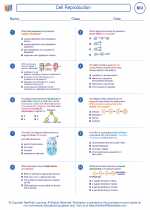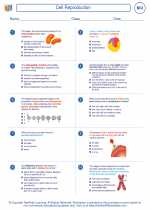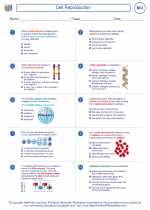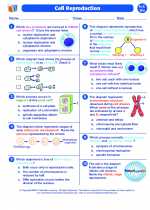Salt: Composition and Properties
Salt is a compound made up of two elements - sodium and chloride. Its chemical formula is NaCl. Salt is an essential mineral for the human body and is found in abundance in seawater and in the earth's crust.
Composition of Salt
Salt is composed of sodium (Na+) and chloride (Cl-) ions. When salt is dissolved in water, it dissociates into these ions, which are essential for various physiological functions in the body.
Properties of Salt
Some important properties of salt include:
- Solubility: Salt is highly soluble in water, and the resulting solution conducts electricity.
- Crystal Structure: Salt forms cubic crystals, which give it its characteristic appearance.
- Flavoring Agent: Salt is widely used as a flavoring agent in cooking and food preservation.
- Preservation: Salt has been used for centuries as a preservative for food items such as meat and fish.
Biological Importance of Salt
Salt plays a crucial role in various biological processes in the human body. It is essential for maintaining proper fluid balance, transmitting nerve impulses, and muscle function. However, excessive salt consumption can lead to health problems such as high blood pressure and heart disease.
Study Guide
Here are some key points to remember about salt:
- Salt is a compound composed of sodium and chloride ions.
- It is essential for various physiological functions in the body.
- Salt is highly soluble in water and forms cubic crystals.
- Excessive salt consumption can lead to health problems such as high blood pressure.
When studying salt, it's important to understand its chemical composition, properties, and biological significance. Additionally, learning about the potential health implications of salt consumption is important for understanding its role in human nutrition.
.◂Biology Worksheets and Study Guides High School. Cell Reproduction

 Worksheet/Answer key
Worksheet/Answer key
 Worksheet/Answer key
Worksheet/Answer key
 Worksheet/Answer key
Worksheet/Answer key
